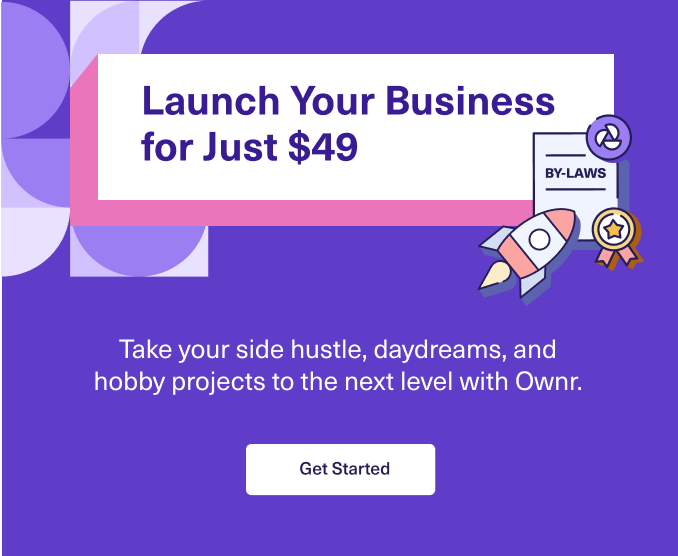So you’ve decided you want to start your own online business? Ecommerce is the way of the future: you can cut the costs associated with a physical location, plus you get to choose your hours and keep all the profits. But before you get carried away with dreams of striking it rich online, here is a checklist of six considerations to help you get started.
1. Make core decisions regarding business structure
If you’re reading this, you’ve likely decided that you want to operate online. That’s a great start, but are you looking to conduct business as a sole proprietor, a partnership, or as a corporation. In broad terms, corporations offer tax breaks and liability protection not available to sole proprietors or partnerships. If you have your sights set high, you’ll want to consider incorporating early to get these benefits from the start.
2. Lock down your business name
The importance of a good name cannot be overstated. Your name is your brand, it is how you present yourself to your customer, and it’s how your customers are going to find you. Before you get too attached to a name, you need to make sure it’s unique and available. Performing a NUANS search will allow you to quickly scour the complete list of registered business names and trademarks in Canada.
3. Register your domain name
Your domain name might be the same as your business name, and it might not. However, it makes sense to select a business name first, because while business names must all be sufficiently distinct from one another, domain names are a little more malleable. For example, changing the Top Level Domain leads to a different destination, ie ownr.co is different than ownr.com or ownr.net. Likewise, if the specific domain you want is taken, you can add a descriptor to distinguish your domain: ownr.co could become incorporateownr.co.
After securing the domain, you’ll need to build the website. You want to have a website that looks professional and is fully-operational before you start operating. Most startups won’t be able to hire designers right off the bat, but there are plenty of platforms you can use to build your website, so there’s no excuse for operating a website that looks something straight out of 1999!
4. Prepare legal forms
If you plan to incorporate, there are some important legal documents that must be filed with the government, and legally required organization documents to set out the owners of the company, bylaws and other items. These documents can be confusing for first-time founders and it is often better to have a lawyer prepare them, or use Ownr to ensure your corporation remains compliant.
Regardless of the size of your business, you will need to prepare Articles of Incorporation, appoint directors and officers, like a President and Secretary, and distribute shares to your shareholders. One person can hold the role of director, officer, and shareholder if you plan on running the company by yourself.
5. Setting up a business bank account
Whether you incorporate or not, it’s always best to give the business its own bank account to keep your finances transparent. For a corporation, a new bank account is a requirement. A corporation is a separate person at law, and as such, it requires its own finances. Money in a corporate bank account belongs to the company, and is separate from your personal account. It’s important to clearly separate your personal and businesses finances to benefit from the liability protections offered by incorporating.
6. Register for GST/HST
The Government of Canada requires that businesses that do more than $30,000 in sales register for a GST or HST number. Even though you might not be required to register for GST/HST immediately, it is worthwhile to register before you begin to earn revenue. The minute you are registered for GST/HST, you can claim credits on any of your expenses. You will then be entitled to a refund of your GST/HST expenses before you have actually charged sales tax to your customers.
You’re now ready to start selling! But that doesn’t mean you’re done. On the contrary, you’re just beginning. Making the product, testing it, marketing it, selling it, shipping it, you’ve got a lot of work ahead of you! Ownr is here to assist with tools and services to help you incorporate, manage, and grow your company.
This article offers general information only, is current as of the date of publication, and is not intended as legal, financial or other professional advice. A professional advisor should be consulted regarding your specific situation. While the information presented is believed to be factual and current, its accuracy is not guaranteed and it should not be regarded as a complete analysis of the subjects discussed. All expressions of opinion reflect the judgment of the author(s) as of the date of publication and are subject to change. No endorsement of any third parties or their advice, opinions, information, products or services is expressly given or implied by RBC Ventures Inc. or its affiliates.


